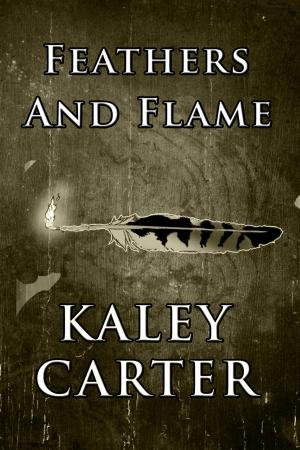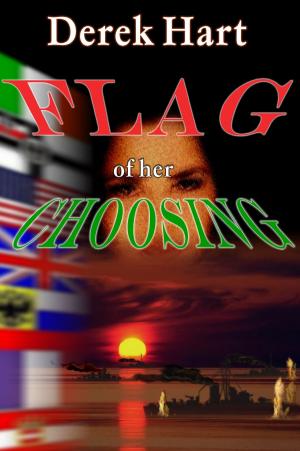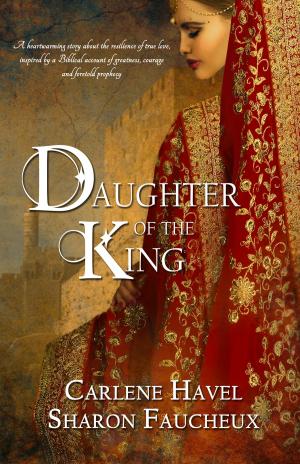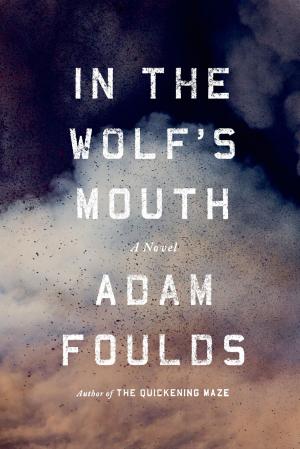| Author: | James Whitesell | ISBN: | 9781370874453 |
| Publisher: | James Whitesell | Publication: | August 6, 2016 |
| Imprint: | Smashwords Edition | Language: | English |
| Author: | James Whitesell |
| ISBN: | 9781370874453 |
| Publisher: | James Whitesell |
| Publication: | August 6, 2016 |
| Imprint: | Smashwords Edition |
| Language: | English |
Minnesota was a frontier state when the American Civil war split the nation. Virginia born Will Rourke made his home there, in the Minnesota of 1861, where over the previous ten years he built a prosperous new life in the western wilderness with his great-uncle Whit Jackson. Both men were natives of the Shenandoah Valley of Virginia, where still lived their large Scots-Irish families of fiercely independent farmers. They cared not for the bondage of human beings and disliked the arrogant slave-owning aristocracy. Yet, despite their detestation of slavery and antipathy towards the slave-owning aristocracy, and being opposed to secession, they were nevertheless drawn into the fratricidal holocaust of the war. In Virginia, against the invading Union armies. In Minnesota, against the deadliest Native American uprising in American history when the Dakota Indians living along the Minnesota River Valley rose in violent umbrage to an unwanted American hegemony. The Americans claimed victory over the Dakota. The North declared Victory over the South. Yet much of the country was devastated, the human capital of the nation severely depleted. The dead, maimed and displaced numbered into the millions. Winners? Perhaps those flag wavers secure in their legislatures, courthouses and newspaper offices. And the legions of opportunists who grew rich through wartime profiteering. But not the ordinary people who were actually there, in the maelstrom, whose lives were swept away in the human wrought madness of war. Among them there were no winners.
Only shattered lives and ruined landscapes.
Minnesota was a frontier state when the American Civil war split the nation. Virginia born Will Rourke made his home there, in the Minnesota of 1861, where over the previous ten years he built a prosperous new life in the western wilderness with his great-uncle Whit Jackson. Both men were natives of the Shenandoah Valley of Virginia, where still lived their large Scots-Irish families of fiercely independent farmers. They cared not for the bondage of human beings and disliked the arrogant slave-owning aristocracy. Yet, despite their detestation of slavery and antipathy towards the slave-owning aristocracy, and being opposed to secession, they were nevertheless drawn into the fratricidal holocaust of the war. In Virginia, against the invading Union armies. In Minnesota, against the deadliest Native American uprising in American history when the Dakota Indians living along the Minnesota River Valley rose in violent umbrage to an unwanted American hegemony. The Americans claimed victory over the Dakota. The North declared Victory over the South. Yet much of the country was devastated, the human capital of the nation severely depleted. The dead, maimed and displaced numbered into the millions. Winners? Perhaps those flag wavers secure in their legislatures, courthouses and newspaper offices. And the legions of opportunists who grew rich through wartime profiteering. But not the ordinary people who were actually there, in the maelstrom, whose lives were swept away in the human wrought madness of war. Among them there were no winners.
Only shattered lives and ruined landscapes.















